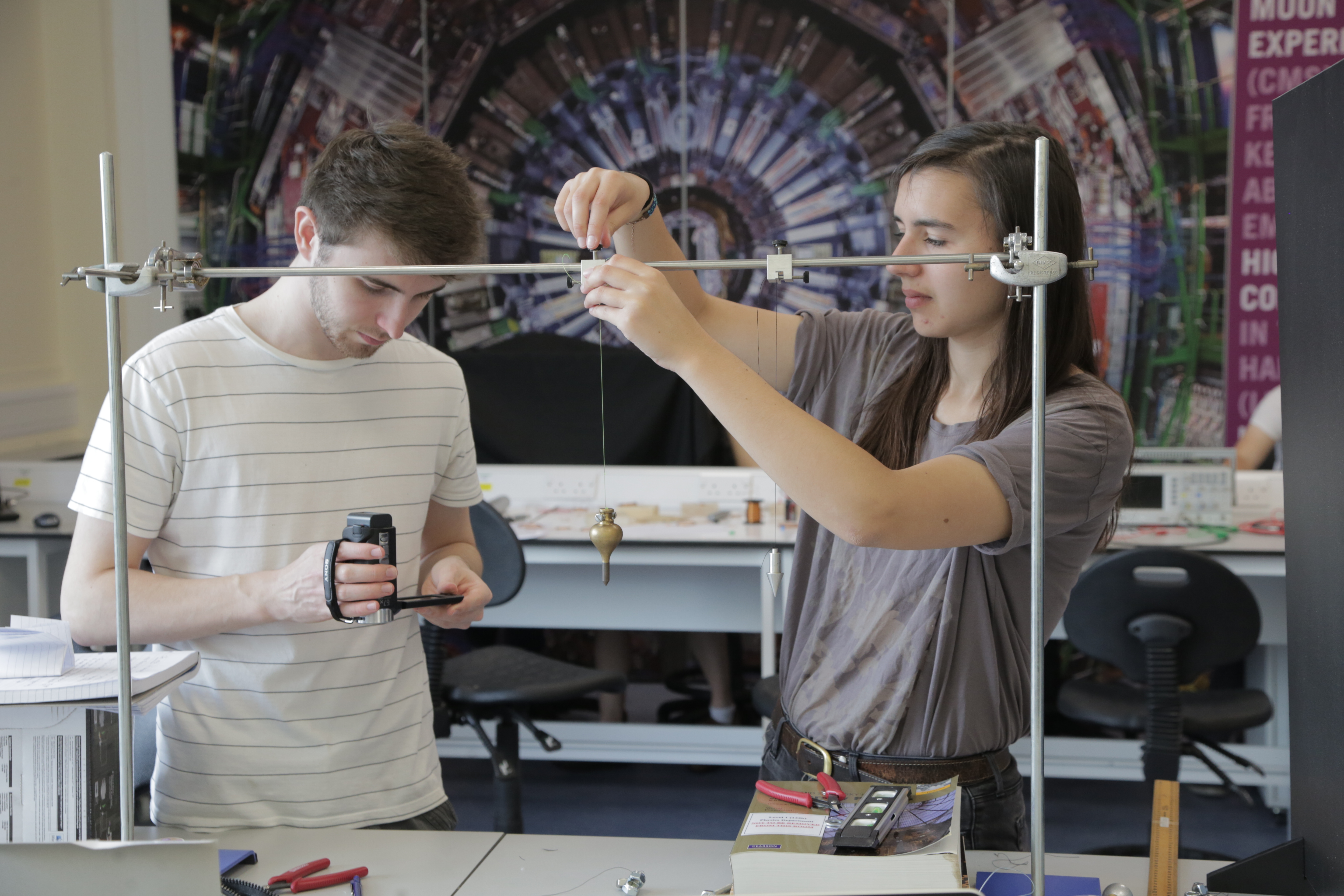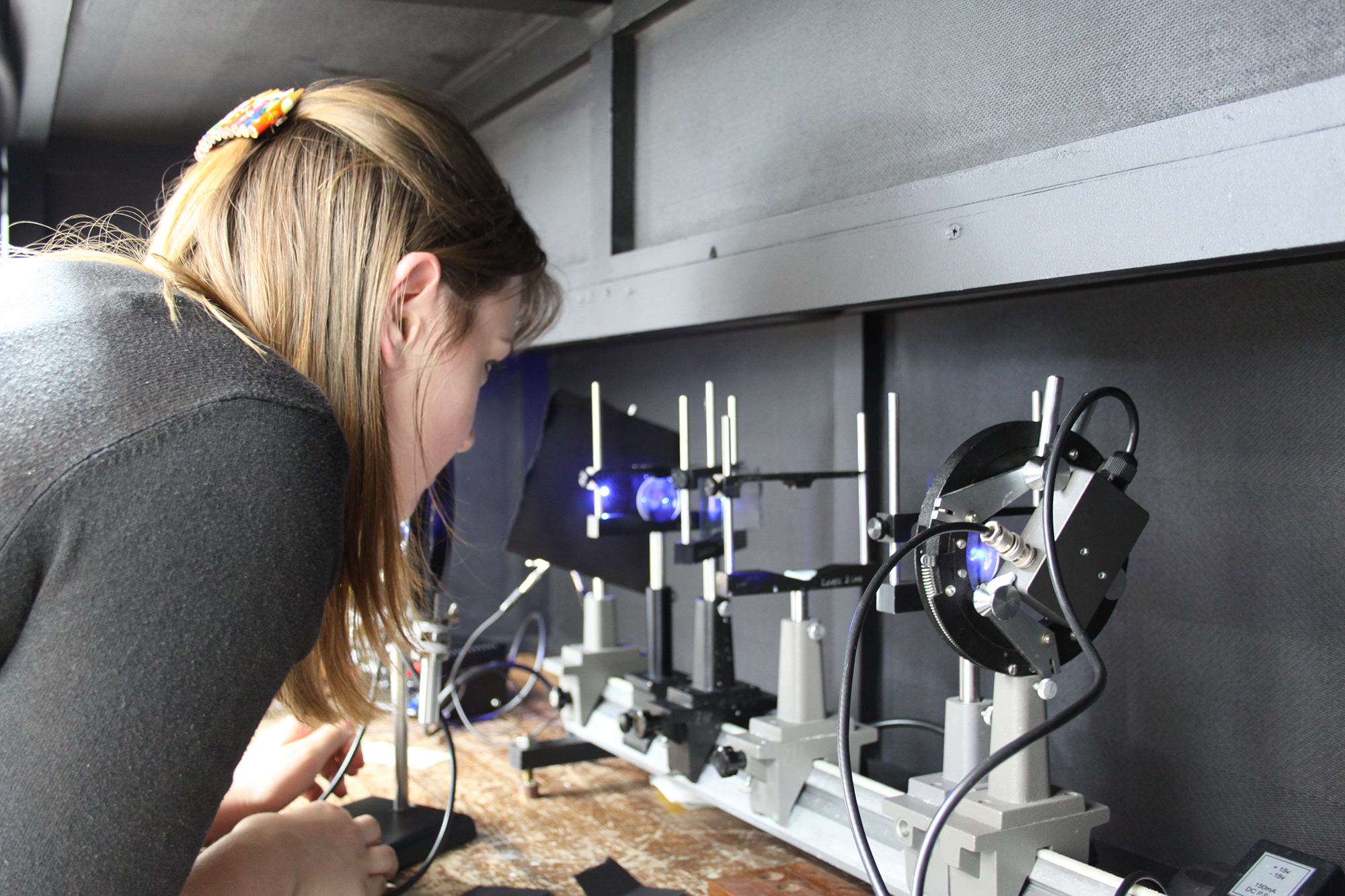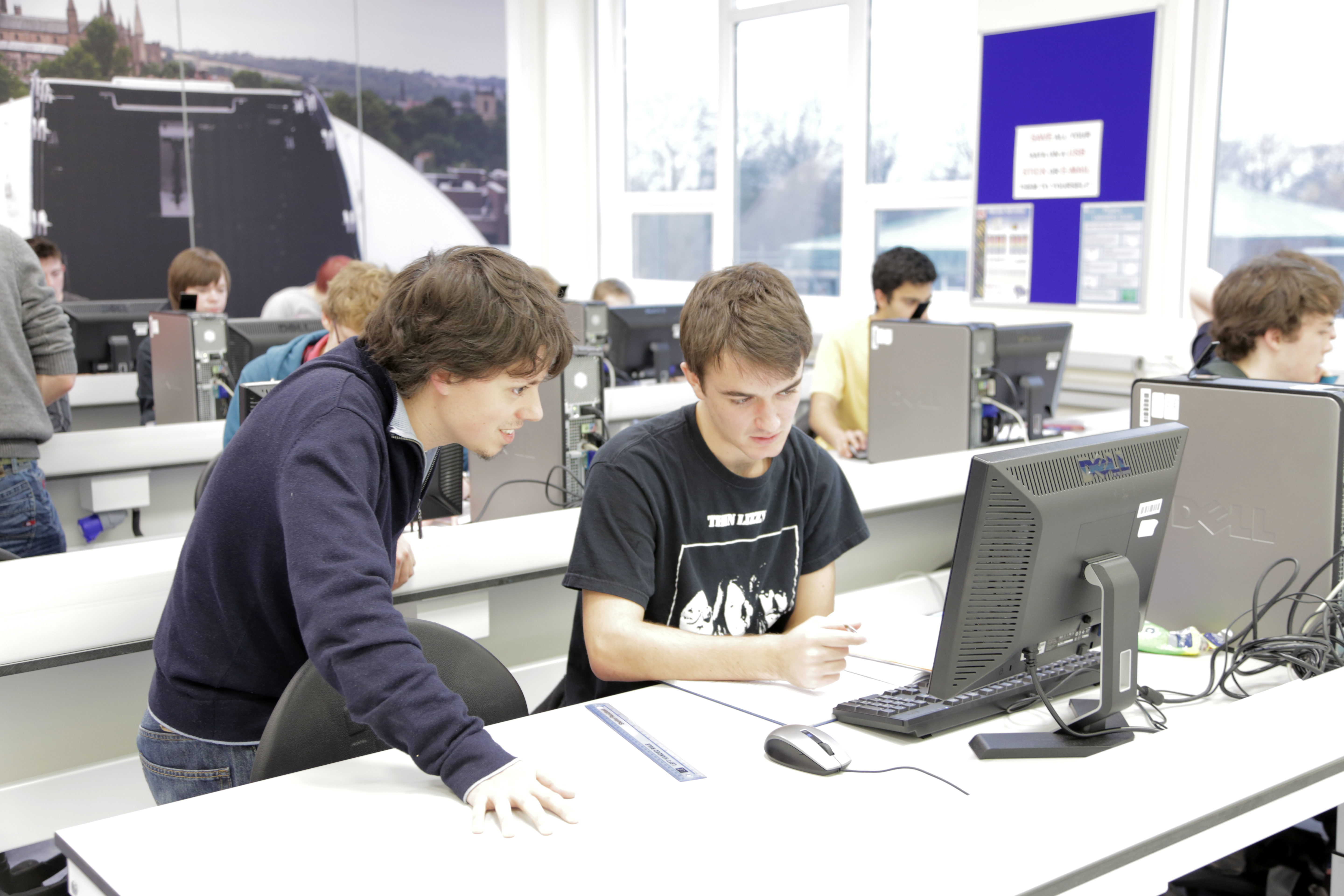Level 1 Overview - mastering the basics
Level 1 labs are about building the skills required to be a competent experimental physicist – a “working scientist”. By doing small, self-contained experiments that last a single session, you will learn basic lab skills such as:
- Making observations – for example, how to measure electrical signals with an oscilloscope.
- Handling equipment and materials safely – e.g. radioactive materials, delicate crystals, and projectiles.
- Recording the process and observations in a laboratory record.
- Collecting and processing data in a spreadsheet.
- Estimating the uncertainty in your measurements, propagating the error, and determining the statistical significance of your results.
- Interpreting your data using the physics learnt in lectures.
- Managing time effectively and working harmoniously with a partner.
Sessions
Skills Sessions
The first sessions are designed to familiarise you with the basics of experimental physics and good general practices.
Discovery Sessions
These sessions are less prescibed, so you'll have to start thinking for yourself (like an experimental physicist).
Computing
This section of the course aims to develop your basic, working knowledge of the programming language Python.
Discovery Skills consists of practical sessions running in both Michaelmas and Epiphany terms, a number of ‘Skills-based’ lectures covering error analysis, record keeping, and report writing, and a python programming course. The practical sessions aim to develop students’ understanding of Physics and give them experience of laboratory working, with emphasis placed on the development of a sound experimental approach.
Course Structure
As well as having several lectures and information sessions throughout the year to support your studies in computing, data and error analysis, scientific writing, and professional development, you will be required to partake in laboratory experiments.
In Michaelmas term, you will undertake a set of skills sessions to become familiar with good laboratory practice and common equipment, as well as receiving feedback on your record-keeping.
In Epiphany term, you will undertake Discovery Sessions to experimentally investigate topics within foundational physics. You will also receive training in basic Python, learn how to write scientific reports, and give a short presentation targeted towards a general audience.
In Easter term, you will complete a Bridge Project after exams as part of the Level 2 Laboratory Skill and Electronics module. This is a scripted activity in a group, using the skills you have learnt during the year to undertake an open-ended investigation.
The required reading for this module is Measurements and their Uncertainties by Hughes and Hase (Oxford University Press, 2010). It is an invaluable guide to understanding and using errors in your experiments. It’s recommended that you have your own copy and bring it to each lab session.








/prod01/prodbucket01/media/durham-university/departments-/computer-science/81551.jpg)
/prod01/prodbucket01/media/durham-university/departments-/physics/teaching-labs/VT2A9034.jpeg)
/prod01/prodbucket01/media/durham-university/departments-/natural-sciences/83601.jpg)
/prod01/prodbucket01/media/durham-university/central-news-and-events-images/news/Contact-us.png-(1).png)